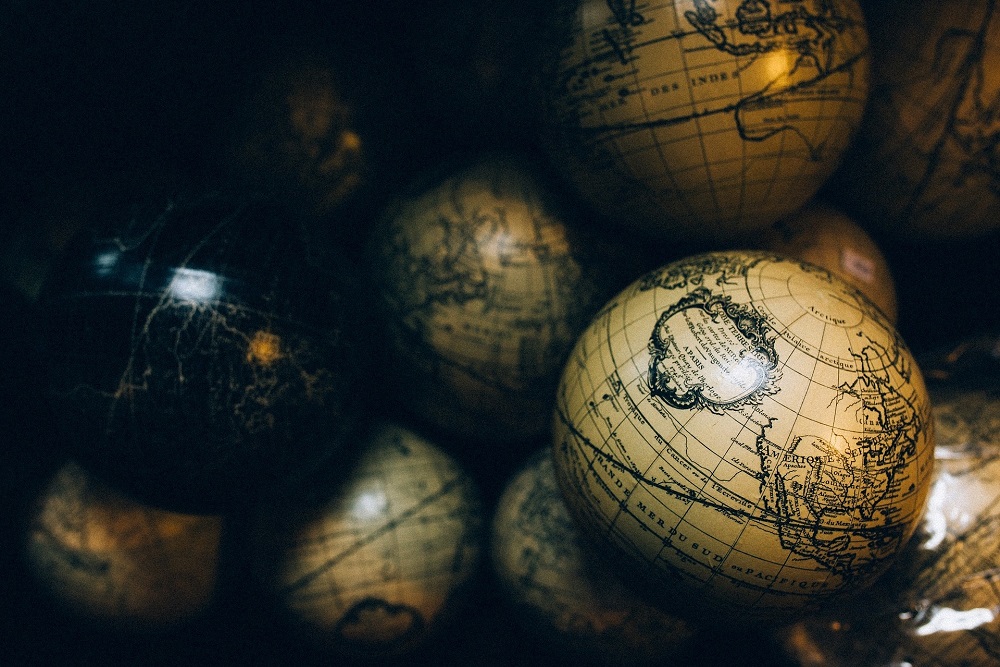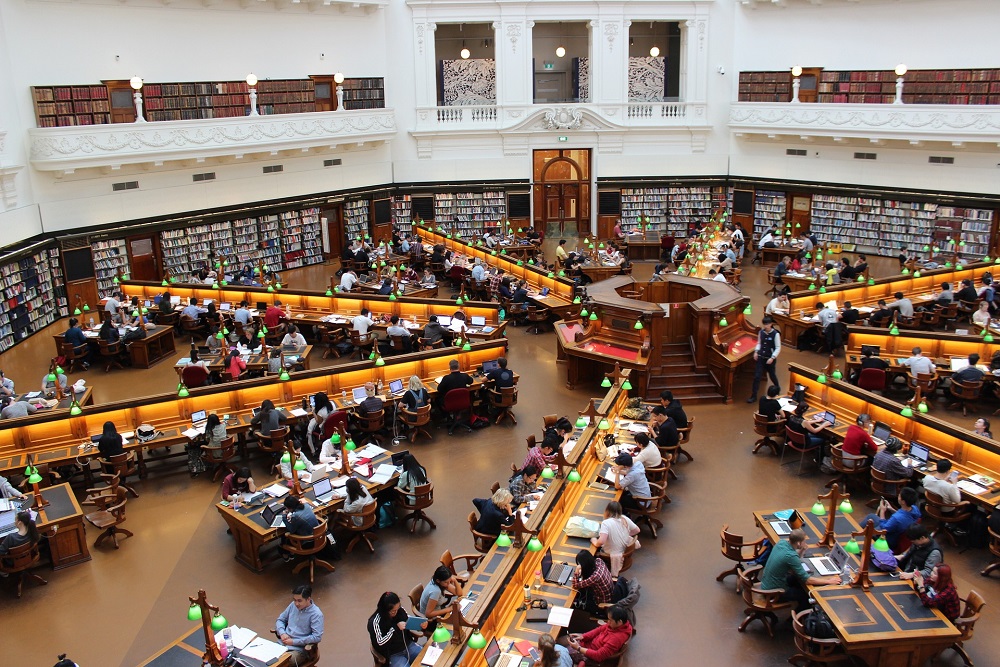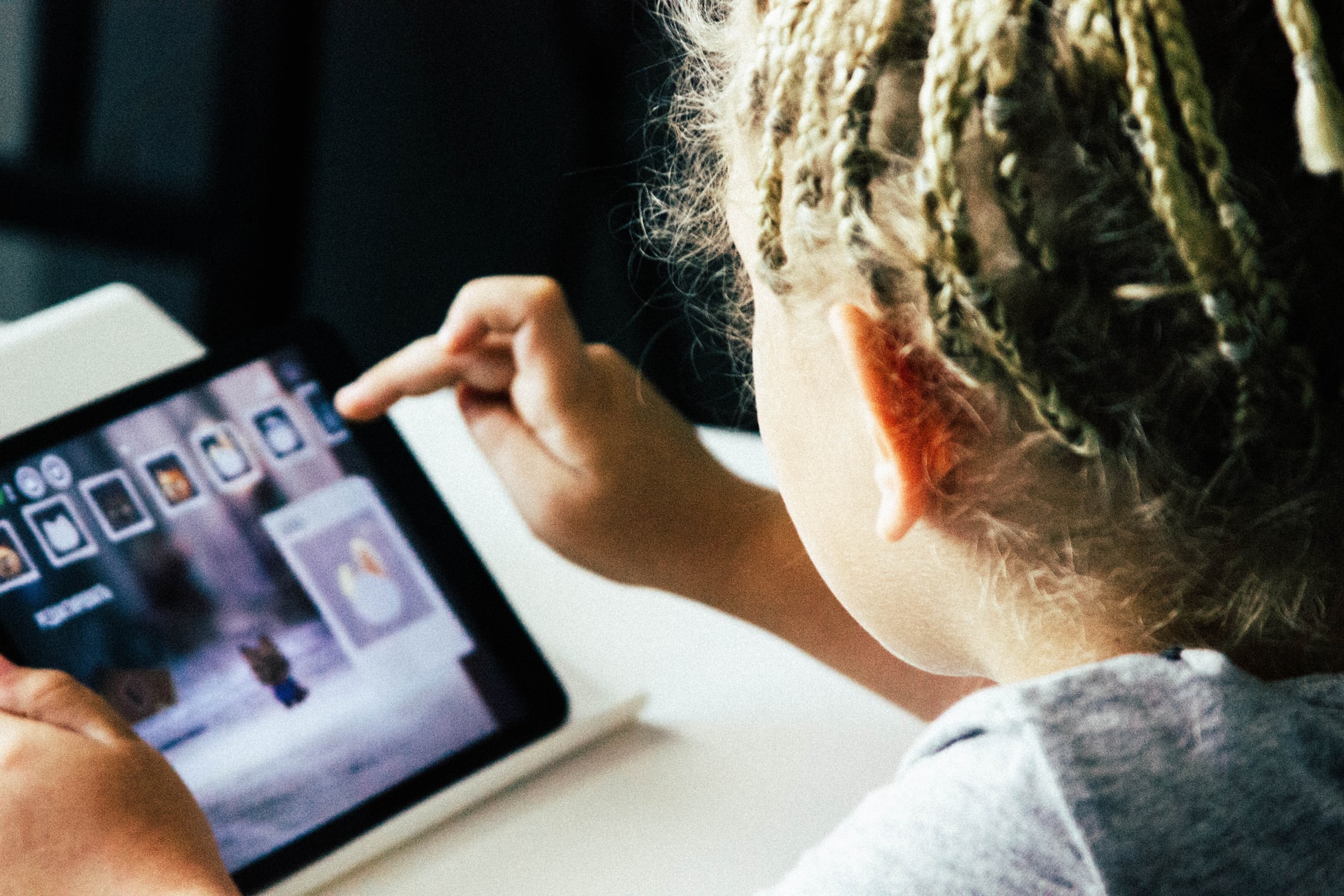UNESCO representatives have joined the 2019 edition of the European Development Days to shed light on the importance of education, especially for migrants and refugees.
Several high standing officials like Abdul Karim Albrem, Youth Ambassador for the United Nations High Commissioner for Refugees and Haldis Holst, Deputy General Secretary of Education International joined a discussion panel on how migration and displacement are tightly related to education.
The discussion panel was chaired by Manos Antoninis, Director of the UNESCO Global Education Monitoring Report (GEM), which presents a comprehensible breakdown of the current status of integration of refugees and migrants into local education.
Education is a critical factor which aids the integration of migrants into new societies and also mitigates the adverse effects of displacement. Unfortunately, due to the poor living standard, refugee families and especially children often face difficulties with following a strict education plan, going to school regularly and completing the assigned homework.
Other events
UNESCO organized several more events, one of which was a Lab Debate initiated by the International Institute for Educational Planning (IIEP-UNESCO). A discussion titled “Efficiently tackling educational inequalities: Looking at data differently” scholars and statisticians reviewed the necessity for skillful distribution of educational aid programs among different regions of the world.
Another session, which took place during the Lab Debate, placed a focus on methods and practices, which will improve equality and inclusiveness in the classroom.
All these UNESCO seminars and discussions are part of the increased effort of the organization to aid and develop education, with migration and displacement in mind. Of course, these efforts are heavily influenced by the current political crisis in some regions of the world, which leads to a significant rise in the number of refugee families.







